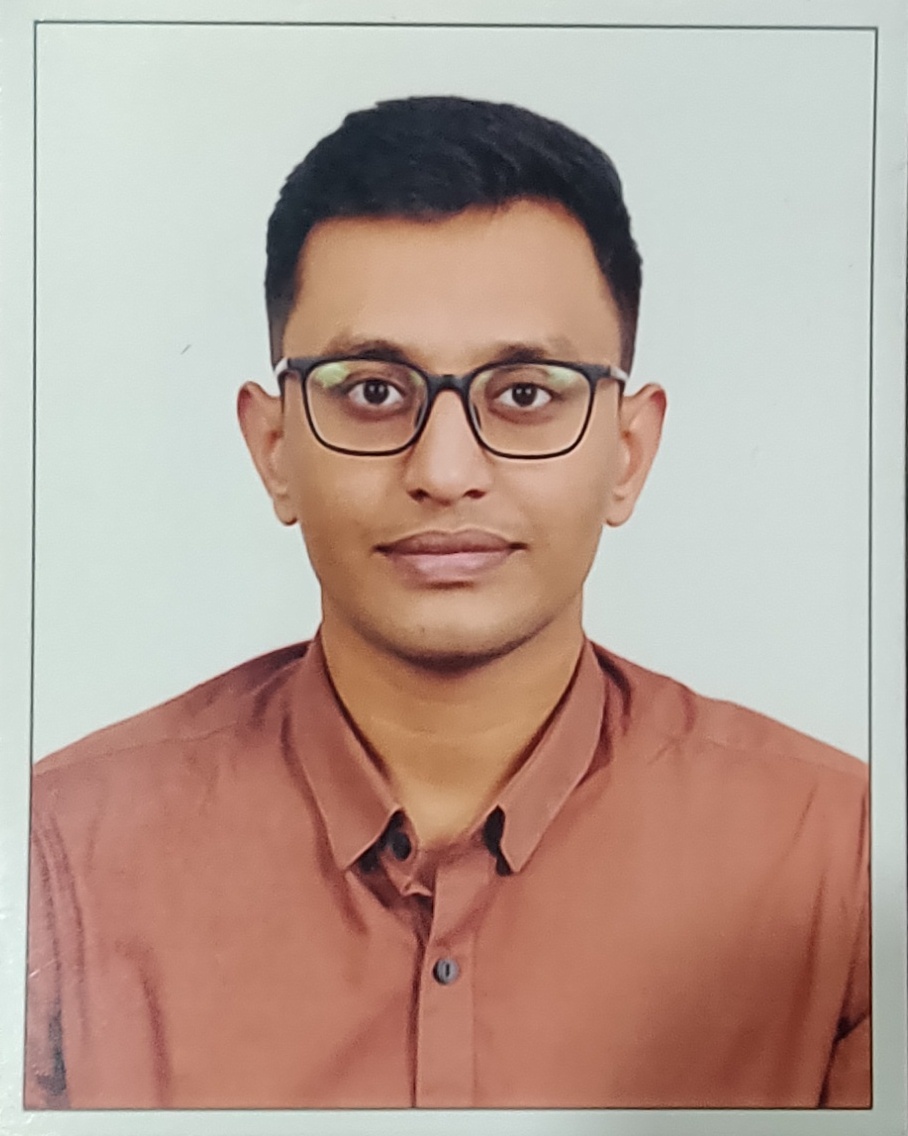- Akshayanagar
- Basavangudi
- Bellandur
- BTM Layout
- Chickpet
- Chikkalasandra
- Electronic City
- Frazer Town
- Hoskote
- Indiranagar
- Jayanagar
- JP Nagar
- Kalyan Nagar
- Kodigehalli
- Koramangala
- Kumaraswamy Layout
- Malleshwaram
- Nagasandra
- Rajarajeshwari Nagar
- Srirampura
- Varthur
- Vidyaranyapura
- Vijayanagar
- Vijayanagara
- Whitefield
- Filters 0
- Sort
Filters
Fee
Gender
Experience
Languages Spoken
5 Trusted Best Orthopedics Doctors available in Bangalore, India
 Book
Appointments Quickly with Verified Doctors
Book
Appointments Quickly with Verified Doctors

₹ 399.00
Dr Pradeep Lucas
- Orthopedics
- MBBS, D'Ortho, and F-DFSI
- 9yr experience
-
Bangalore
-
English, Hindi, Telugu, Tamil, Malayalam

₹ 399.00
Dr Varun Kumar A
- Orthopedics
- M.S(Orthopaedics), MBBS
- 5yr experience
-
Bangalore
-
English, Kannada, Tamil, Bengali, Hindi, Telugu

₹ 499.00
Dr Harshith Kumar M
- Orthopedics
- MBBS, MS, DNB, Orthopedic Surgeon
- 5yr experience
-
Bangalore
-
English, Hindi, Kannada, Telugu

₹ 400.00
Dr Ankit Ashok Nyamagond
- Orthopedics
- MBBS, MS - Orthopedics, Fellowship in Advanced Orthopedic Trauma
- 5yr experience
-
Bangalore
-
English, Hindi, Kannada

₹ 300.00
Dr Jasmal A S
- Orthopedics
- MBBS, MS - Orthopedics
- 2yr experience
-
Bangalore
-
English, Hindi, Malayalam, Tamil, Kannada
Leading Orthopedics Experts Available Online in Bangalore
Explore verified Orthopedics doctors in Bangalore providing online consultations. Discuss your concerns with certified specialists and get customized treatment advice.
| Name | Speciality | Exp | Fee |
|---|---|---|---|
| Dr Vishvamitra R Tindwani (MBBS) | General practitioner | 50 Y | ₹ 599.00 |
| Dr Noel Doss Lazarus (MBBS) | Ophthalmology | 49 Y | ₹ 300.00 |
| Dr Juvvala Nageswara Rao (MBBS, Diploma in Public Health) | General practitioner | 44 Y | ₹ 299.00 |
| Dr Vijaya Saradhi Nanduri (MBBS, MHSc (Diabetology)) | Diabetologist | 40 Y | ₹ 399.00 |
| Dr Manohar Ahuja (M.D., M.B.B.S., M.R.C.P.(UK), Nephrology & Internal Medicine) | Nephrology | 40 Y | ₹ 7,500.00 |
| Dr Krishnan Shanmuganandan (MBBS, MD (Medicine), DNB (Medicine), Post Doc Fellow Rheumatology, EULAR certified (Rheumatology& Musculoskeletal ultrasound)) | Rheumatology | 39 Y | ₹ 3,000.00 |
| Dr Sanjay Gopal Pingulkar (MBBS. General Physician) | General practitioner | 35 Y | ₹ 569.00 |
| Dr Duggal Sukhvinder Singh (MBBS) | General practitioner | 35 Y | ₹ 1,000.00 |
| Dr Jayanthi Ramani (DGO, MD (Obstetrics and Gynecology), MBBS) | Obstetrics gynecology | 35 Y | ₹ 259.00 |
| Dr Kummaraganti Venkateswarlu (MD) | Ophthalmology | 35 Y | ₹ 399.00 |
Best Orthopaedic Doctors in Bengaluru
Bengaluru’s thriving tech culture and fast-paced lifestyle have led to a growing number of orthopaedic concerns—from chronic neck and back pain to joint issues and sports injuries. Long hours at desks, poor posture, and reduced physical activity are all contributing factors. Whether you're a professional, student, or senior citizen, Medicas connects you with the best orthopaedic doctors in Bengaluru, offering expert consultations both online and at top clinics across the city.
What Do Orthopaedic Doctors Treat?
Orthopaedic specialists focus on the musculoskeletal system—treating bones, joints, muscles, ligaments, and the spine. In Bengaluru, common issues include postural disorders among IT workers, arthritis in the elderly, and sports injuries in active individuals. Medicas helps you access orthopaedic care that is personalised and effective—whether it’s for acute injury, chronic joint pain, or post-surgical recovery.
Common Orthopaedic Conditions in Bengaluru
Neck and lower back pain
Widespread among tech professionals due to long sitting hours and lack of ergonomic work setups.
Osteoarthritis and knee pain
Affecting both ageing individuals and middle-aged adults with sedentary lifestyles.
Fractures and sprains
Often caused by road accidents, falls during monsoons, or high-impact sports.
Repetitive strain injuries (RSIs)
Like tennis elbow or carpal tunnel syndrome—common in those with repetitive computer use.
Disc prolapse and sciatica
Causing pain radiating down the leg due to nerve compression.
When to See an Orthopaedic Doctor
Joint pain lasting more than a few days
Persistent pain could indicate arthritis or cartilage wear.
Swelling, stiffness, or difficulty in movement
May be due to inflammation, injury, or degenerative changes.
Neck or back pain with tingling or numbness
Can signal disc-related issues that need early intervention.
Post-injury pain or limited mobility
Fractures, ligament tears, or sprains require timely orthopaedic care and rehabilitation.
Diagnosis and Treatment in Orthopaedics
Orthopaedic doctors in Bengaluru use imaging techniques like X-rays, MRI, CT scans, and bone density tests to diagnose musculoskeletal conditions. Treatment may include oral medications, physiotherapy, bracing, joint injections, or surgical options like arthroscopy, fracture repair, joint replacement, or spinal surgery. If you're looking for an “orthopaedic doctor near me” in Bengaluru, Medicas helps you schedule consultations with top experts easily and quickly.
Orthopaedic Services Offered at Medicas
Conservative treatments – Includes medications, physical therapy, braces, and lifestyle advice for pain management.
Surgical care – Advanced procedures such as knee and hip replacements, arthroscopic surgeries, and spine surgeries.
Rehabilitation support – Post-operative recovery plans including physiotherapy and mobility training.
Why Choose Medicas for Orthopaedic Care in Bengaluru
Access to top orthopaedic specialists
Consult highly experienced orthopaedic surgeons and therapists across Bengaluru.
24/7 appointment booking
Book appointments at your convenience—ideal for both urgent and planned care.
Personalised treatment plans
Care plans are tailored to your pain, diagnosis, and lifestyle for effective recovery.
Related Treatments
Click to see the doctors for related treatments
Top Specialists in Bangalore in India
- Dermatologist in Bangalore |
- ENT Specialist in Bangalore |
- Gastroenterologist in Bangalore |
- Gynecologist in Bangalore |
- Neurologist in Bangalore |
- Psychiatrist in Bangalore |
- Physiotherapist in Bangalore |
- Urologist in Bangalore |
- Dentist in Bangalore |
- Sexologist in Bangalore |
- Pulmonologist in Bangalore |
- Cardiologist in Bangalore |
- Rheumatologist in Bangalore |
- Endocrinologist in Bangalore |
- Nephrologist in Bangalore |
- Homeopathy Doctor in Bangalore |
- Nutritionist in Bangalore |
- Ayurvedic Doctor in Bangalore |
- Pediatrician in Bangalore |
- Hematologist in Bangalore
 Medical Specialties
Medical Specialties


